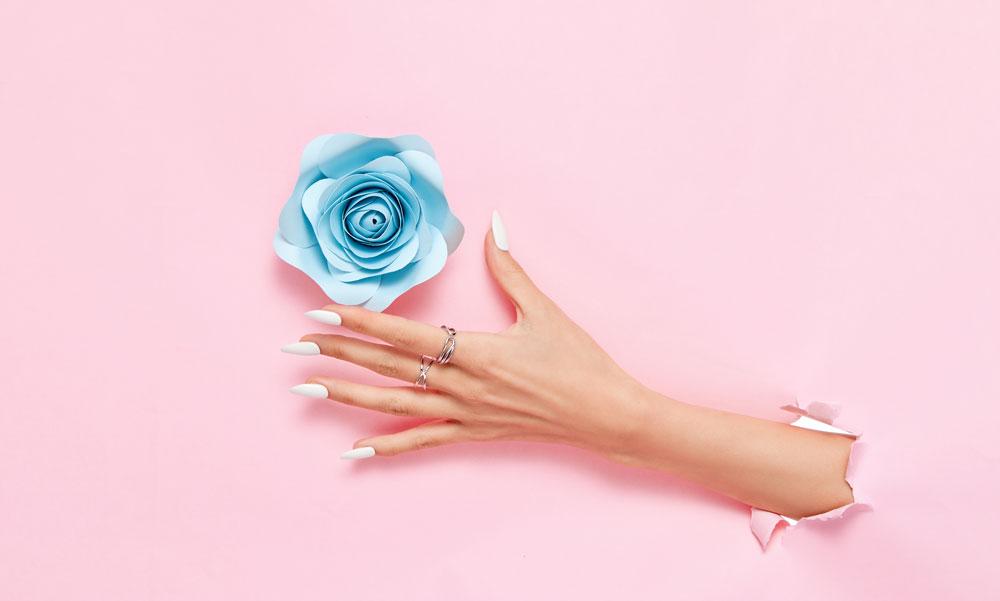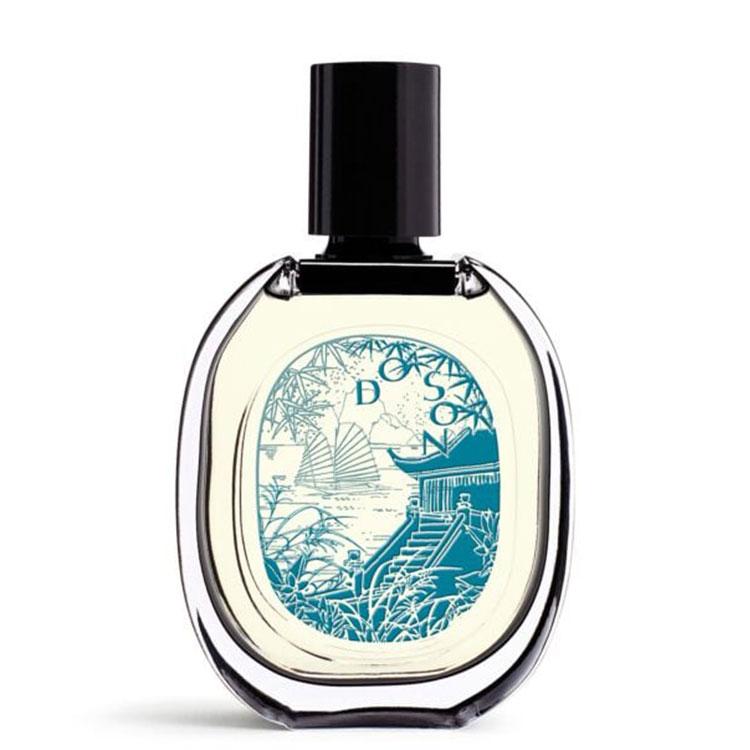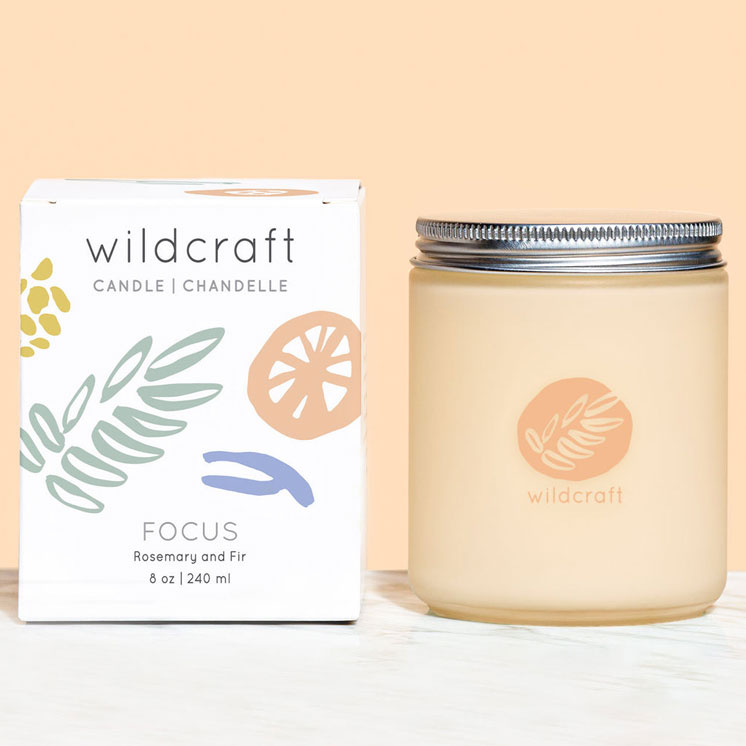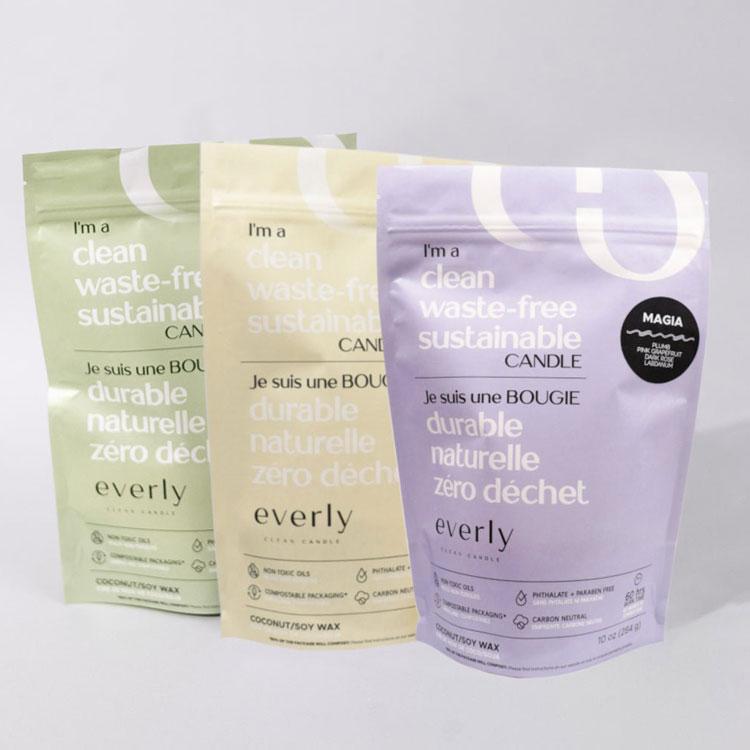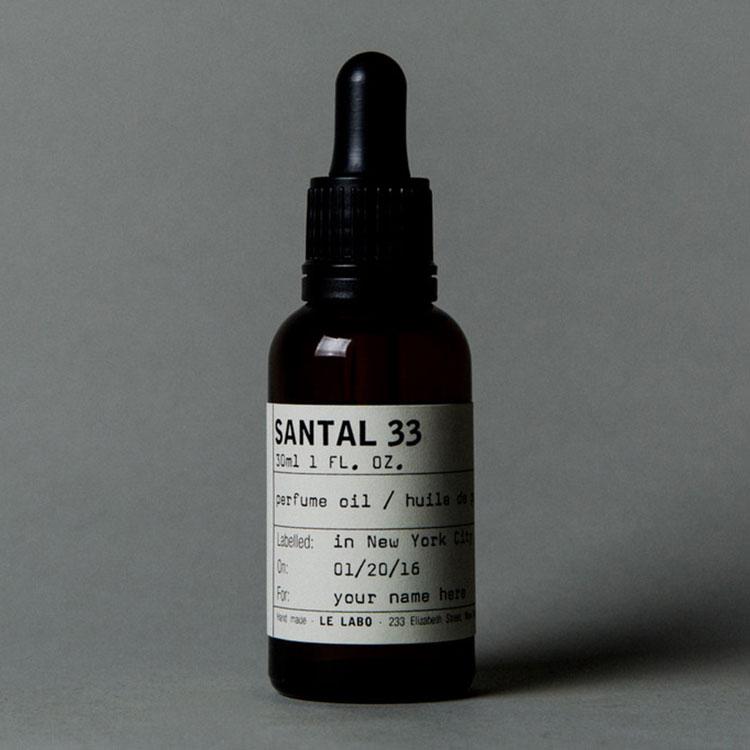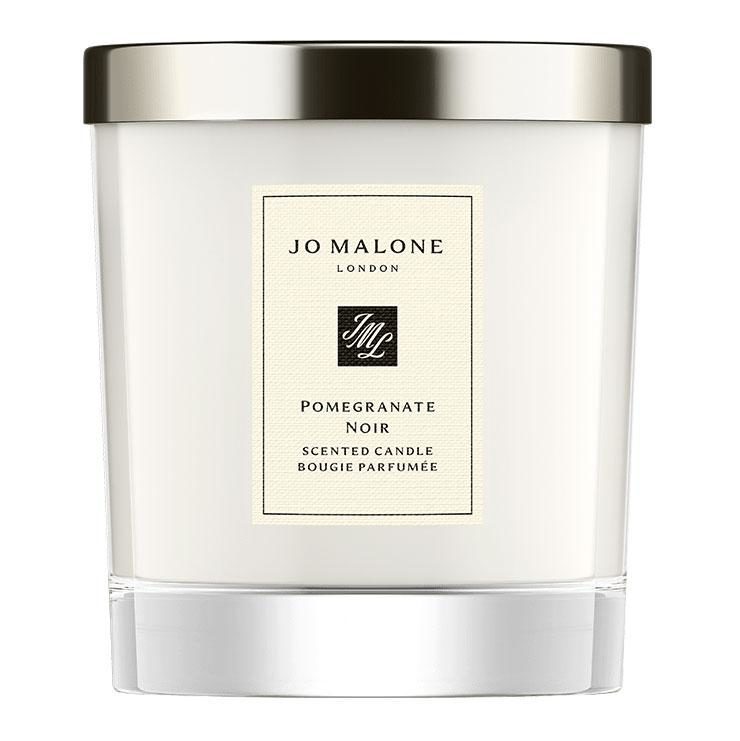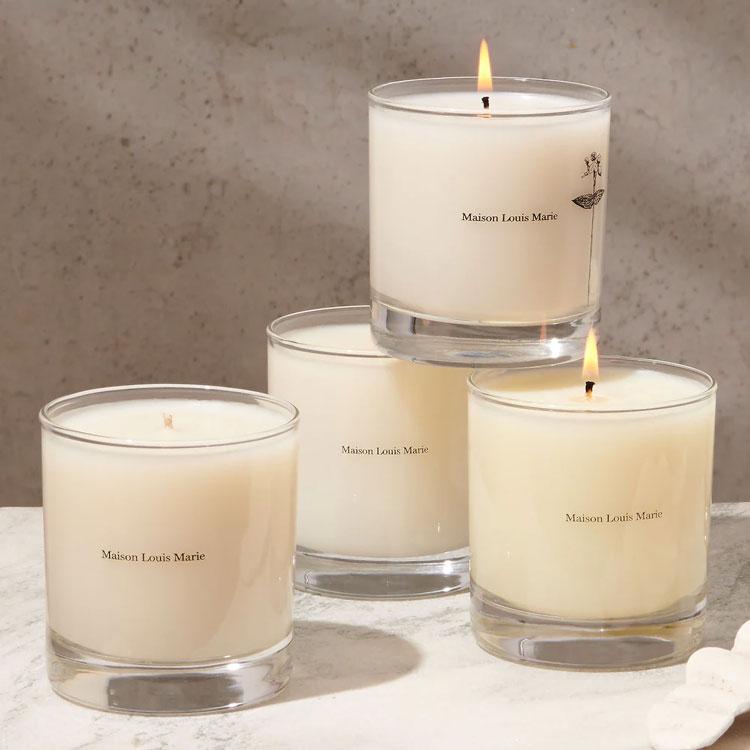Home scents make sense. We fill our spaces with aromas of good times, from food cooking to the residual spritzes of cologne from getting ready to go out. Most recently, I’ve noticed, when seasons change or a holiday or celebration ends, I’ve leaned heavy into boosting my mood with a lux home fragrance. It’s not been only a glow-up for my home, but also my home office, my workout corner, my bathroom and more.
What is scent?
Generally speaking, it’s what you smell. But, technically speaking, it’s about the ability of the body to perceive information and make decisions based on how the nervous system interprets particles in the environment. In fact, scent is “the most chemical of all the senses,” according to The Royal Society of Chemistry. In fact, odour isn’t just certain molecules in the air, but also the combination of molecules. So interesting.
Have you ever gone into a public washroom and wished that smell didn’t enter your nose? Or do you take a deeper breath when you enter a coffee shop or when given a bouquet? That’s because you already know that those molecules are entering your body through your nose – even if only subconsiously. They can travel to the top of your nostrils to the scent receptors (a.k.a. the olfactory epithelium). There, mucus there breaks down those molecules, creating messages for your olfactory bulb to interpret. The brain then sends messages to the other part of the body, instigating actions like hunger pangs or a headache. A study from researchers in Korea found that fragrance can also have other immediate physical responses. They found that scent can affect blood pressure, muscle tension, pupil dilation, skin temperature, pulse rate and brain activity.
To find out if I’m making the right scent choices for my home – or if I could be choosing more impactful ones – I connected with a scent and wellness expert Matthew Milèo. He is the founder of Milèo, a #sheflie-worthy botanical cosmetic brand based in NYC. And his olfactory advice isn’t just eye-opening, it unfastens all the senses.
Why my self-care goals include beautiful nails.
Mood science and scent technology
After the holidays, my home feels empty and sad. To avoid adding clutter (and the need for an overhaul on my decor scheme), I tried Dr. Vranjes Firenze Rosa Tobacco diffuser in my living room. My home felt cozy again. I now keep it at my desk for a #WFH feeling that’s homey. And, anecdotally, we know scent has power on mood, but is there any science behind it? Milèo confirms with a resounding yes. “There’s a countless amount of research that significantly links aromatherapy to mood and emotions – a large amount of that is lavender, known for its soothing and relaxing properties,” says, Milèo, who was also a former in-house beauty & fragrance expert at Chanel, after studying biology, chemistry and psychology.
Kylie Jenner ASMR & sound baths: Is sound a meditation cheat code?
How does scent work to change our emotional state?
I’m no expert, but I would think alerting one of the senses is a way to change perception, focus and mood. “The way in which our brain receives and processes odours and translates that to a mood remains complex, but numerous clinical trials dictate that it is more than abundant,” says Milèo. And the researchers from the study mentioned above wrote that: “The sense of smell plays an important role in the physiological effects of mood, stress, and working capacity. Electrophysiological studies revealed that various fragrances affected spontaneous brain activities and cognitive functions measured by an electroencephalograph (EEG). The EEG is a good temporal measure of responses in the central nervous system and it provides information about the physiological state of the brain both in health and disease.”
Virtual workouts vs IRL: Which way to exercise is more effective?
Which scents can make you feel more positive?
“When my happiness starts to feel infringed upon, and I feel my good mood is slipping, I reach for white florals like magnolia blossom, tuberose, and gardenia, to assist with positivity,” says Milèo. These florals actually act on the neurotransmitter pathways in the brain to stimulate joy and pleasure.” And he cemented that revelation into his brand. “I created a facial oil that contains all of these flowers not just for its uplifting personality, but these flowers also act as excellent skincare ingredients that nourish, protect, and firm the skin. If I’m feeling particularly sad or having trouble curbing a more depressed emotion, then I always reach for Osmanthus blossom. Its honeyed floral apricot notes will immediately bring a sense of happiness. It’s like smelling little rays of sunshine that bring light where it’s needed most.”
Scents for energy
Positivity is subjective, sure. So, if for you that means an energetic perk, Milèo points to pink pepper fruit. “I’ve never been a fan of mints, so as a captivating replacement, pink pepper paired with geranium and rose, especially rose de mai, makes the most alluring pick-me-up that invigorates my mood with volition.”
But if you’re more for gourmand scents than petal ones, he points to citrus as an alternative. “My favorites are yellow mandarin, yuzu, sweet orange, and nova mandarin, which is similar to tangerine. These always smell bright, fresh and full of life.”
Calming scents
And if a more positive mood means relaxing and calming down, Milèo recommends a universally adored flower. “If you want a calmer, more love devoting mood, use classic rose with soft, powdery florals with a violet note, like mimosa, violet leaf, and even lavender, which is especially conducive for bonding.”
In fact, you can also consider these before bed. “Good mood-scented sleeping aids will become even more popular as more people want to assist their sleep to be deeper and more productive, so they can feel rested and productive.”
Best scents for meditation and focus
Milèo points to rosewood for “introspection and reflection.” “I really love rosewood for its deep woody rose notes, but it’s now impossible to obtain real rosewood because Brazil has banned its export in order to help regrow the now sparse rosewood trees.” As an alternative, he says to try davana flower, frankincense and naricissus flower. “These notes have a way of transporting you to a meditative place where your mind clears and you can see the truth of things. It’s especially powerful if you are pondering something and are in need of more clarity and objectivity.”
What’s the Coastal Grandmother trend? And how do you become one?
How to rid your home of luxury scents: scented candles, diffusers, oh my
I know that luxury home scents aren’t everyone’s cup of scented tea. Many people can have emotional responses, based on the link of memory to fragrance and odour, because of how closely these two parts of the brain are situated, according to The Harvard Gazette. And there are those who are physically repulsed by certain scents or even experience pain, as noted above. So, what is a scent lover to do when expecting guests who aren’t as enamoured? Rid your home of the triggering smells. That can be with a deep house cleaning, using a dehumidifier, putting out a bowl of vinegar or spritzing fabric surfaces with vodka (without the mixer!) or even brewing a fresh pot of coffee. These are all neutralizers that will change the molecular sequence of the smells in your home.
How to clean your exercise mat, boxing gloves, running shoes & other stank stuff.

